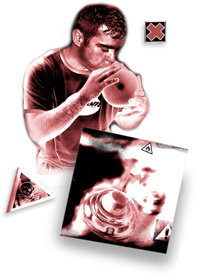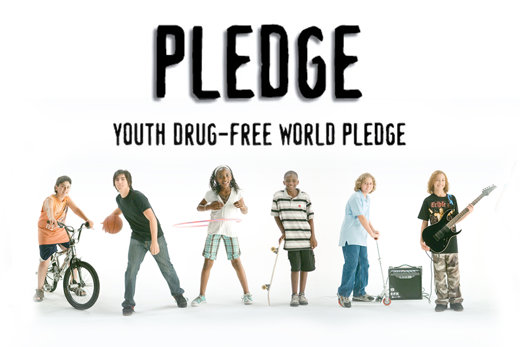Inhalants can be physically and psychologically addictive. Users report a strong urge to continue using inhalants, especially after continued usage over many days.
ARE INHALANTS ADDICTIVE?
Habitual users coming off inhalants suffer withdrawal symptoms which can include nausea, excessive sweating, muscle cramps, headaches, chills, agitation, with shaking and hallucinations. In severe cases, withdrawal can cause convulsions.
“Tomorrow is the sixth anniversary of our son Justin’s death. He was 16. He died from inhaling air freshener, an act of inhalant abuse. His senseless death rocked the worlds of all who knew him. Justin was an honors student who loved life and embraced it with enthusiasm. . . . He was a source of inspiration for many. . . . I will always be haunted by the question of whether Justin would be with us today had he known about the risks he was taking.” —Jackie
REFERENCES
- “Inhalant Abuse,” National Institute on Drug Abuse
- “Inhalants Pose Health Threat to Teens,” Iowa Department of Public Health, 24 Mar 2008
- “Inhalant Use across the Adolescent Years,” National Survey on Drug Use and Health, 13 Mar 2008
- National Inhalant Abuse Taskforce Final Report, Melbourne, Australia, Nov 2005
- “Inhalants,” Timothy Kaufman, M.D., emedicine.com, 9 Jul 2007
- “About Inhalants,” National Inhalant Prevention Coalition
- “Intelligence Brief: Huffing,” National Drug Intelligence Center, Nov 2001
- “Inhalants: Description/Overview,” U.S. Drug Enforcement Administration
- “Inhalant Abuse,” National Institute on Drug Abuse Research Report Series
- “Huffing—Inhalants,” National Education Foundation of America
- “NIDA InfoFacts: Inhalants” National Institute on Drug Abuse












